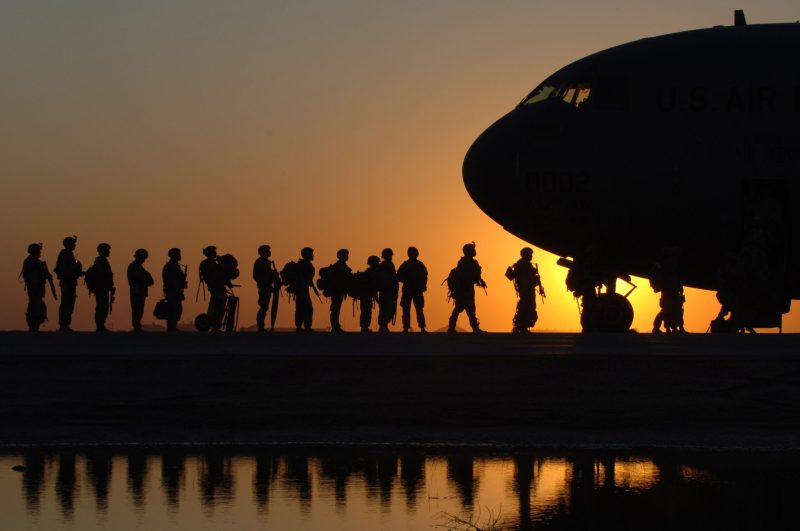The first time I saw the name Grace Hopper was on the side of a CH-53 helicopter circling a landing pad surrounded by water. The USS Hopper, an Arleigh Burke-class guided-missile destroyer, was conducting anti-piracy patrols in the Gulf of Oman, and my team and I were assigned to assist the crew. Most Navy ships are named after men or battles, but the USS Hopper, along with seven other ships, is named after a woman. Some people say the crew matches the name of the ship, while others say the ship name shapes the crew; either way, the crew of the USS Hopper and Grace had a lot in common.
Grace Hopper was stubborn — or rather, she had perseverance. When the Navy told her she couldn’t join because she was too old, too thin and too valuable as a mathematician and mathematics professor at Vassar College, she took it all in stride. She eventually joined the U.S. Navy Reserve and began working on the Mark I, Mark II and Mark III computers. She experimented with transforming computers and their tools so they would be both programmer- and user-friendly.
It’s not only her perseverance in the face of adversity and her immense intelligence that inspires my admiration for the admiral. It is her opinion on access. Admiral Hopper believed that she should have the ability to join the Navy despite her age, size and gender. She also believed that computers and computing should be accessible to people who were neither mathematicians nor computer experts. Admiral Hopper hypothesized that computer programs could be written in English. She helped to extend improvements on binary code with the development of her first compiler, which eventually led down a long road to the basic COBOL language design. Now I sit at my desk and thank Admiral Hopper for her work as I struggle through my assignments in CS106A — a class that teaches Python, a programming language known for being approachable and written in plain English.
I wasn’t too old, too thin or valuable like Grace Hopper, so I was able to join the Navy at 18. Now, though, I often feel too old, too inept, and too much a veteran to be an undergraduate student at Stanford University. When I lose a bit of my confidence — like we all tend to do — and ask, “Do I really think I can do this?” I like to think of Grace. Admiral Hopper believed in young people. She was quoted as saying:
“The most important thing I’ve accomplished, other than building the compiler, is training young people. They come to me, you know, and say, ‘Do you think we can do this?’ I say, ‘Try it.’ And I back ’em up.”
That’s what Military Appreciation Month at Stanford should be: a chance for us veterans to explain what our community means. It’s a place for us to find someone to back us up, to listen to our stories — and we want to share that with the wider Stanford community.
Contact Lyndsea Warkenthien at lyndsea ‘at’ stanford.edu.
